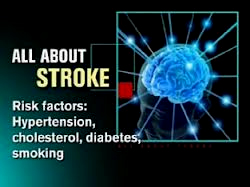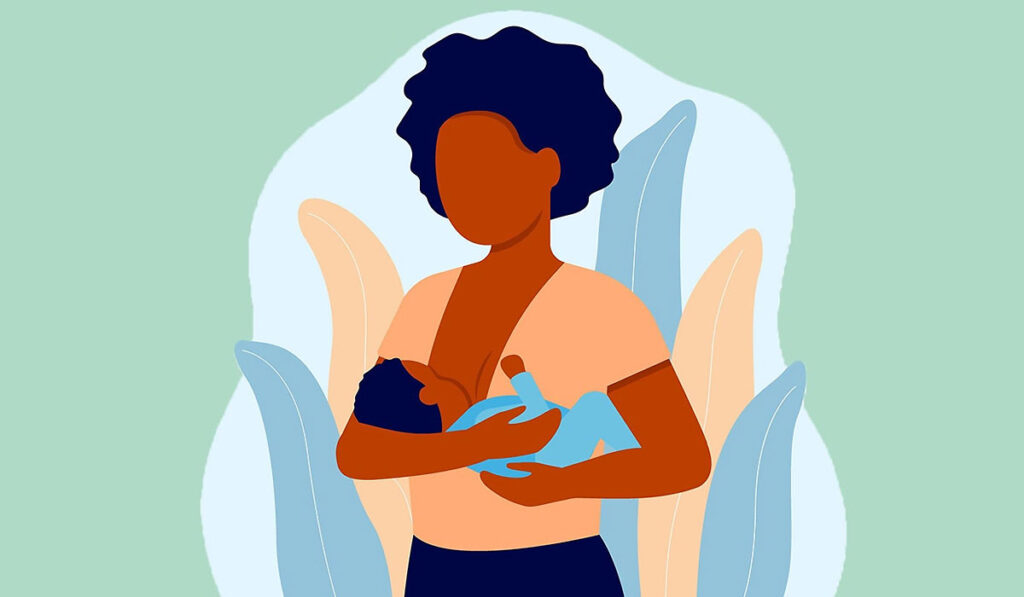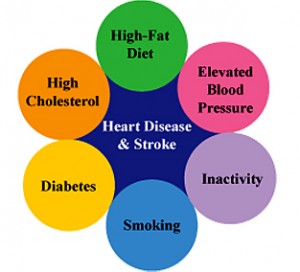Observed on October 29th every year all around the globe, World Stroke Day underlines the severity and increasing incidents of stroke, increasing awareness about its prevention and treatment and promote better care for the surviving patients. Initiated by the World Stroke Organization in 2006, this event is celebrated by various world organizations by planning several events where they educate people about each and every aspect of this deadly medical condition.
World Stroke Day 2013-Theme
The theme of World Stroke Day is same as it was in 2012 – ‘Because I care…’

What is a Stroke?
A stroke is a medical condition where the cells in the brain abruptly die due to lack of oxygen. This may be caused by an obstacle in the flow of blood or the rupturing of an artery that feeds the brain. Due to this, the patient may lose the ability to speak, may experience memory problems or a side of his body may get paralysed.
Types of Strokes
There are 2 main types of stroke wherein both occur due to lack of blood flow to one’s brain, leading to extra pressure on the brain. Following are the 2 main types:
- Ischemic stroke – A reason for around 75 percent of all strokes, it happens due to formation of a blood clot, resulting in a blockage of blood flow to a certain part of the brain. This condition is called an embolus. When this clot is carried through the bloodstream to the brain, it causes ischemic stroke.
- Hemorrhagic stroke – This stroke happens when a blood vessel on the surface on the surface of the gets ruptured and the space between the brain and skull gets filled with blood. This is called subarachnoid haemorrhage. In other cases, or when a defective artery in the brain bursts and fills the surrounding tissue with blood, which is called cerebral haemorrhage.
Risk-factors or Causes
A stroke can occur to anyone. Though a number of risk factors can cause a stroke but a few can be kept under check. Following are the risk factors for a stroke:
- 55 years and above
- A family history of stroke
- High blood pressure
- High cholesterol
- Male
- Excessive smoking
- Diabetes
- A previous stroke or transient ischemic attack (TIA)
- Depression
- High levels of homocysteine (an amino acid in blood)
- Cardiovascular disease
- Birth control use or other hormone therapy
- Cocaine use
- Excessive use of alcohol
- Obesity and overweight
Recognizing Symptoms
Following are the most common symptoms of a stroke are:
- Unexpected numbness or weakness in the face, arm or leg (mainly on one side of the body)
- Confused or troubled speech or difficulty in understanding others
- Trouble in seeing through one or both eyes
- Faintness, problem in walking
- Loss of balance or coordination
- Bad headache without any reason
Treatment
If you witness any of the symptoms, take the person to the doctor. After physical examination, blood tests, CT Scan and MRI, he may decide-upon the kind of stroke and the necessary treatment as treatment for both the stroke is different.
In the case of ischemic stroke, medicines are given for around 4 and a half hours so that the clot formed in the blood vessels should be removed so that the flow of blood to the brain gets corrected. To increase the chances of full recovery, later on, an injection of tissue plasminogen (TPA) can also be given.
In the case of hemorrhagic stroke, first the bleeding is stopped and the pressure on the brain is lessened. Blood clotting drugs can be given at this time. Once the area gets healed and the bleeding is controlled, the injured and leaky blood vessels are mended through surgery.
Prevention
Please follow the following preventive methods:
- Control hypertension or high blood pressure
- Quit tobacco use
- Maintain a healthy weight
- Eat a healthy diet, rich in fruits and vegetables
- Control diabetes
- Regular exercising
- Decreasing the amount of cholesterol and saturated fat in the patient’s diet
- Treating obstructive sleep apnea, if there
- Proper in-take of Medication
- Avoid illicit drugs
- Drink alcohol in moderation
Stroke: Fast Facts
- A stroke can affect one’s memory, senses, speech, emotions, behaviour and thoughts.
- After suffering from a stroke, either sides of the body may become weak or paralysed.
- After cancer and ischemic heart disease, stroke is the 3rd most common cause of death.
- Stroke can occur due to a blood vessel damage or disruption in the blood supply.
- 30-50 percent of strokes can be attributed to hypertension.
- The occurrence of strokes is increasing in developing countries because of unhealthy lifestyle.
Message
Following are the messages of World Stroke Day:
- There is a prevention of a stroke
- If detected on time, a stroke can be treated quickly


